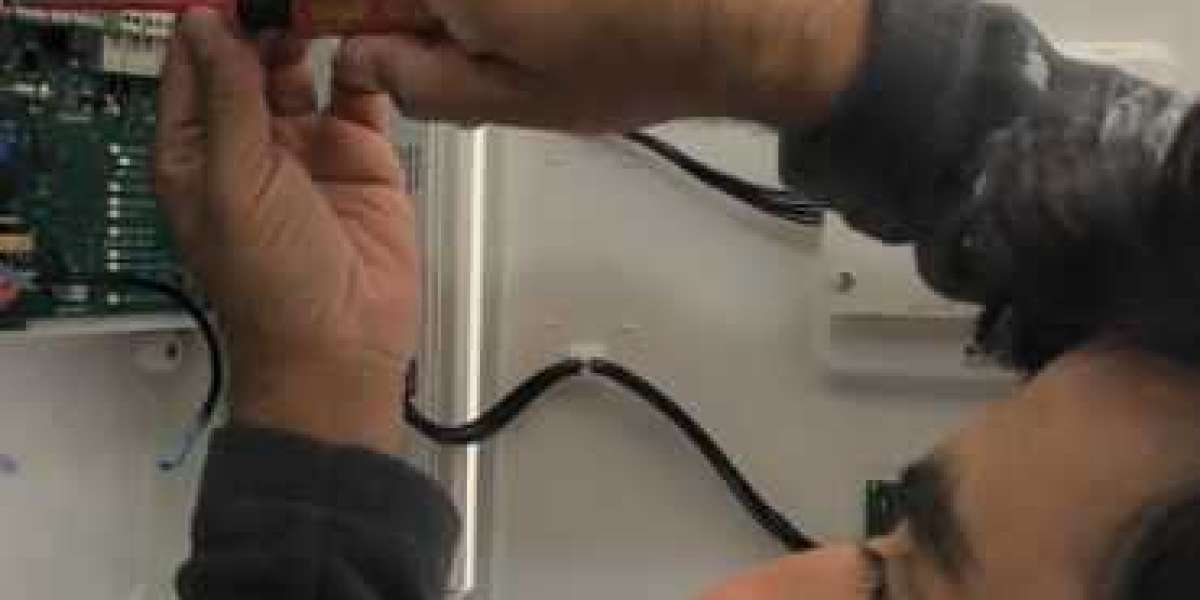Have you encountered the term Dysphagia at some point in your life? Maybe you’ve be diagnosed by this problem and wonder what it is all about? Fret not, Dysphagia is the medical term for swallowing difficulties. Some people with Dysphagia have problems swallowing certain food or liquids, while others can’t swallow at all.
Other notable signs people with Dysphagia depict include coughing or choking when eating or drinking, bringing food back up, sometimes through the nose, and a sensation that food is stuck in your throat or chest. In this simple guide, we will uncover some of the things you need to know about Dysphagia.
Never hesitate to seek medication advice if you, or someone you care for, has difficulty swallowing. Things are no different if at all you depict any other signs of Dysphagia so you can get instant treatment to help with your symptoms. Keep in mind early investigation also helps rule out other more serious conditions, such as esophageal cancer. Your general practitioner will assess you and may refer you to further tests before taking the next step of action in your treatment programme.
Dysphagia treatments usually depends on the cause and type. Many cases of Dysphagia can be improved through careful management, but a cure isn’t always possible. Some of the treatments for Dysphagia include speech and language therapy or changing the consistency of good and liquids to make them safer to swallow. Also, you can undergo surgery to widen the esophagus, by stretching it or inserting a plastic metal tube.
You should always keep in mind that Dysphagiais usually caused by another health condition. This can be cancer such as mouth cancer or esophageal cancer. Also, it can emanate from a condition that affects the nervous system, such as a stroke, head injury, multiple sclerosis or dementia. Children can also have Dysphagia due to a developmental or learning disability, such as cerebral palsy. Be sure to read more on the causes of Dysphagia to clear your doubts.
There is more you should know about Dysphagia than merely what is included in this simple guide. No wonder it pays off to set aside some time to better understand what brings about this medical condition. It is then that you can employ the correct measures to keep it at bay.






